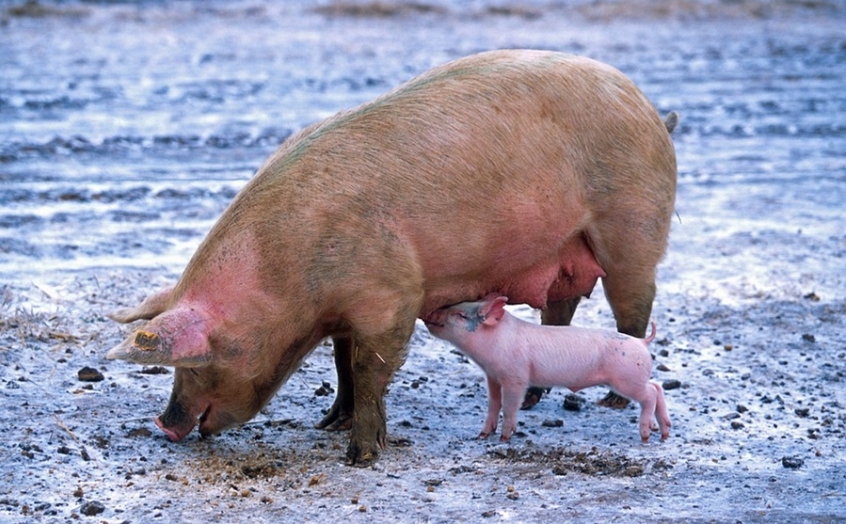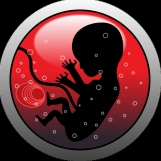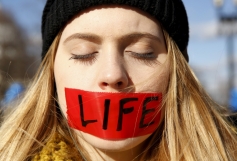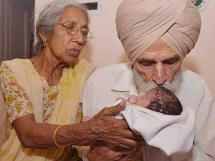
Creatures that are half-human, half-animal now exist only in mythology and other works of fiction. Some scientists, however, are trying to turn this disturbing thought into reality.
A small group of researchers is attempting to develop embryos that are part human, part animal, prompting some members of the scientific community to raise concerns of the possible negative implications of the experiments.
Professor Stuart Newman, who teaches cell biology and anatomy at the New York Medical College, said this research to create interspecies embryos already crosses an ethical line.
"You're getting into unsettling ground that I think is damaging to our sense of humanity," Newman said in an interview with NPR.
He said this experiment might mess up reproduction among humans and animals.
"If a male chimeric pig mated with a female chimeric pig, the result could be a human fetus developing in the uterus of that female chimera," he explained.
Jason Robert, a bioethicist at Arizona State University, meanwhile said attempting to create half-human, half-animal embryos may have a negative effect on DNA.
"One of the concerns that a lot of people have is that there's something sacrosanct about what it means to be human expressed in our DNA," Robert said.
"And that by inserting that into other animals and giving those other animals potentially some of the capacities of humans that this could be a kind of violation — a kind of, maybe, even a playing God," he added.
Due to concerns about the ethical issues of this research, the National Institutes of Health decided to impose limits on funding for the experiments while investigation is ongoing on whether these kinds of studies should be allowed.
Pablo Ross, a reproductive biologist at the University of California, Davis, however explained that the experiments they are conducting on interspecies embryos called chimera are only for medical purposes.
He explained that the research is ultimately aimed at developing human organs in farm animals that can be transplanted to patients suffering from terminal illnesses.
"We're not trying to make a chimera just because we want to see some kind of monstrous creature. We're doing this for a biomedical purpose," Ross also told NPR.
















